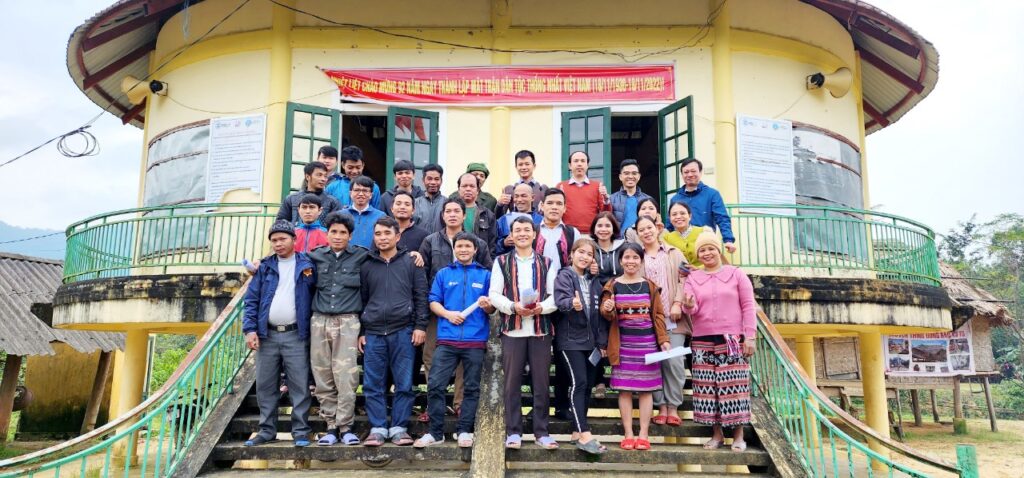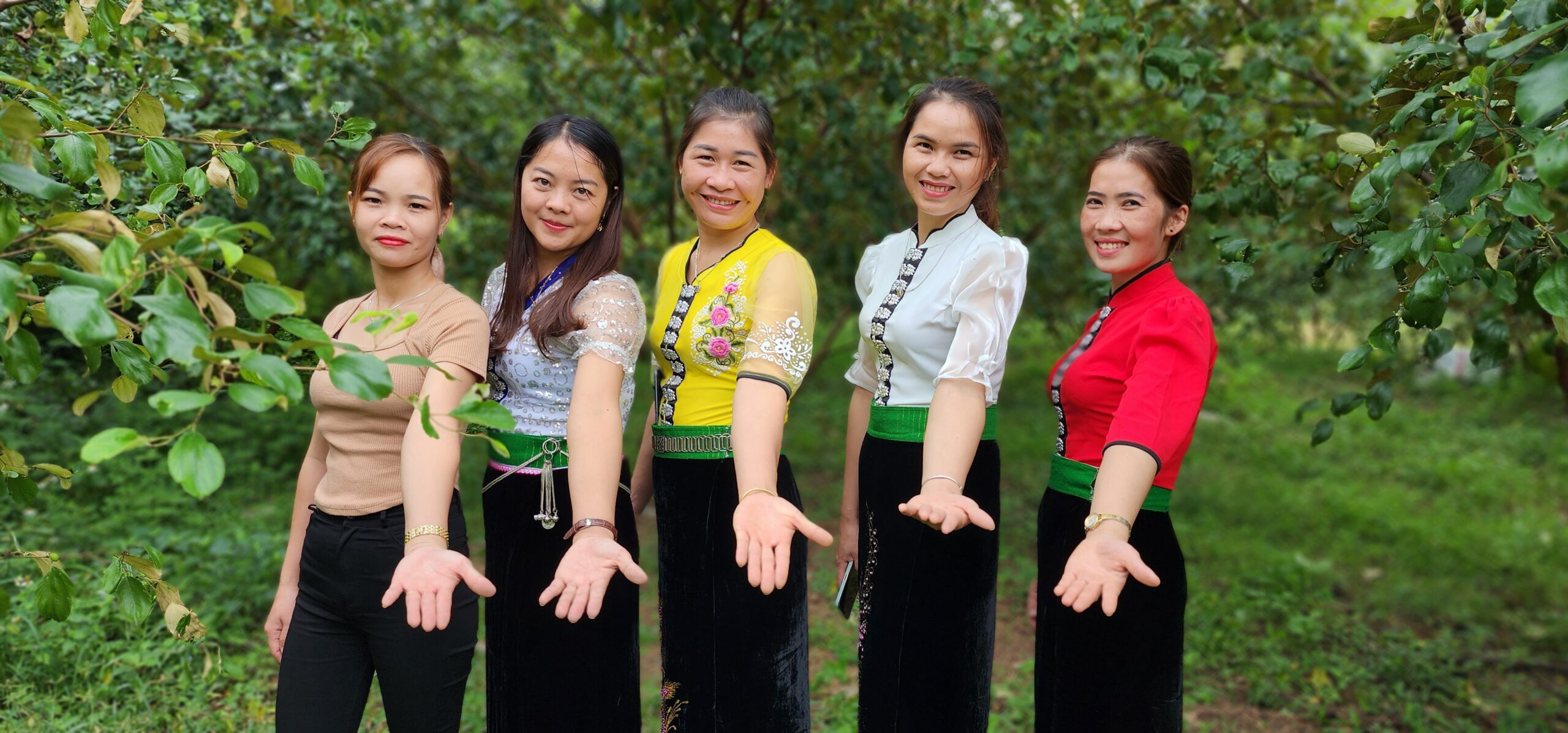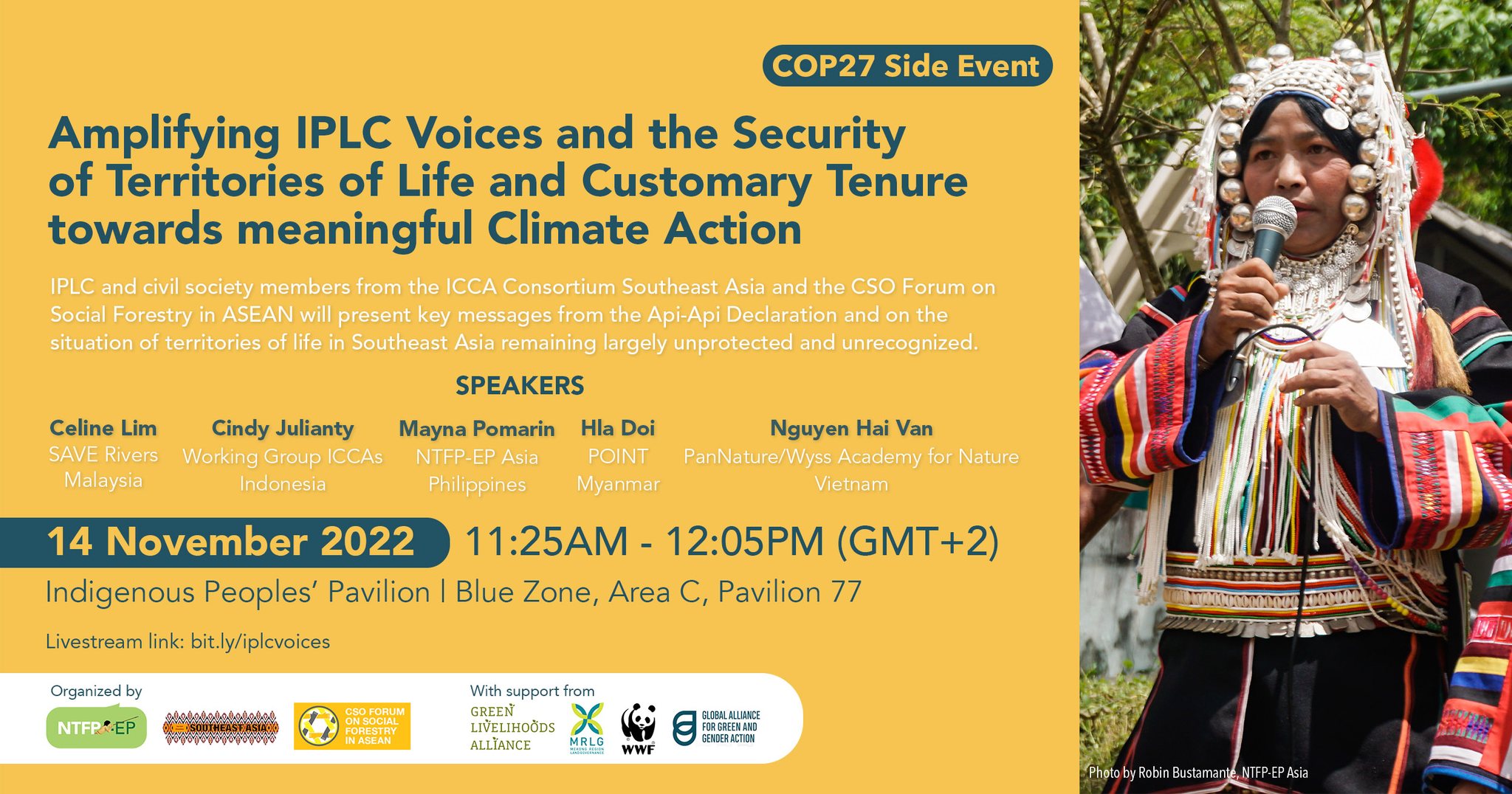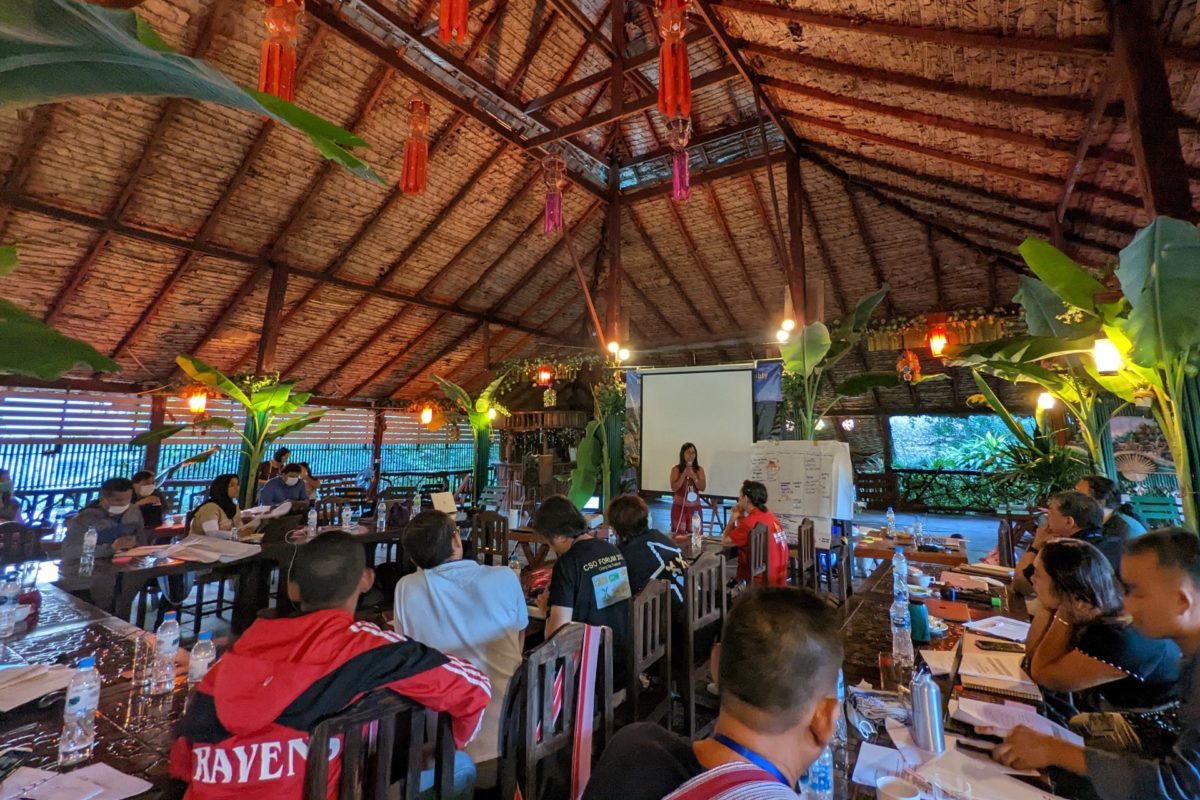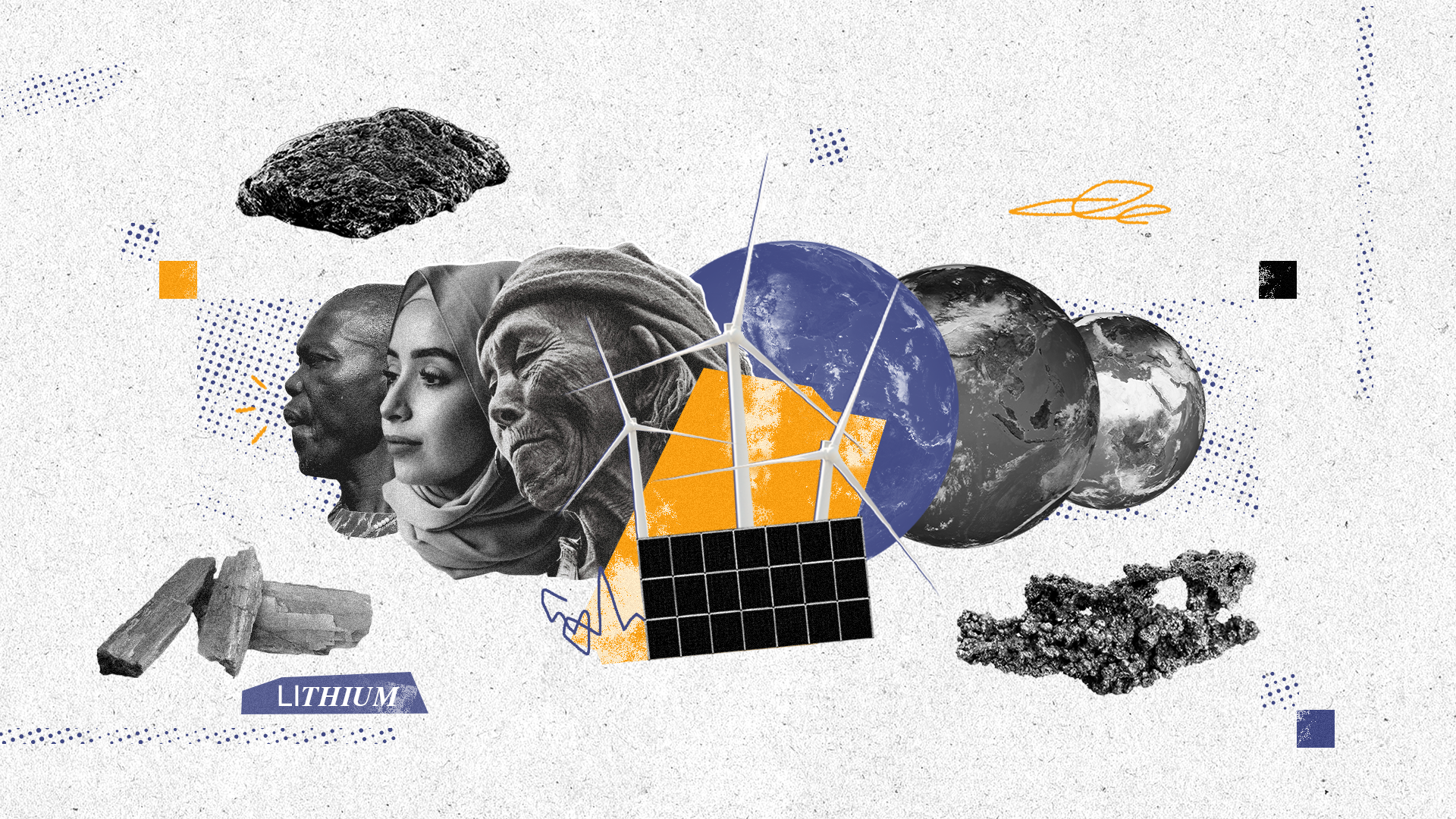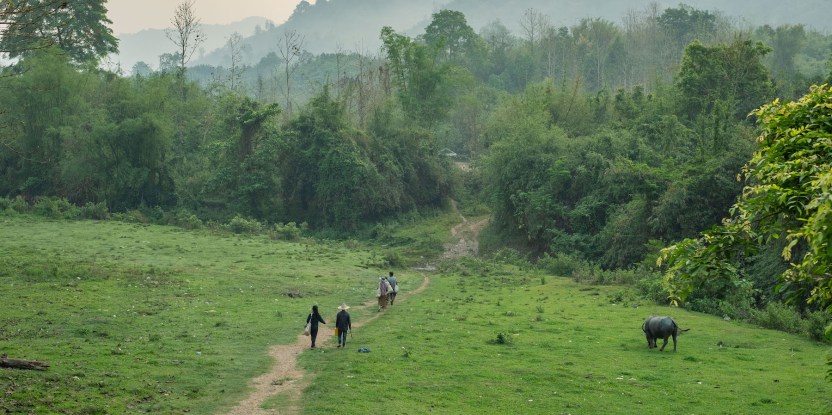Workshop: Sharing Benefits of Reducing GHG Emissions for Forest Owners
On December 23, 2022, at the Forest Protection Department of A Luoi district, Thua Thien Hue province and the Center for People and Nature (PanNature) coordinated with the Forest Protection and Development Fund of Thua Thien Hue province to organize a workshop regarding shared benefits of reducing greenhouse gas (GHG) emissions for forest stakeholders.


